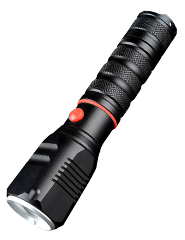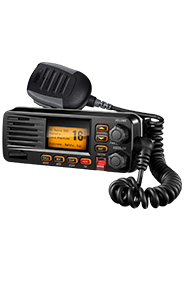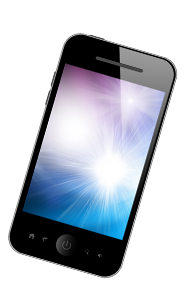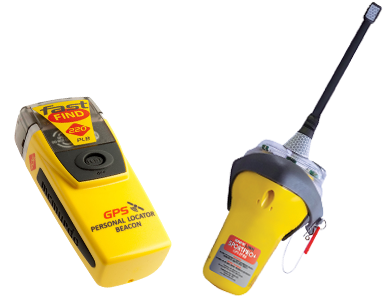
Listen for SAR and when they are close by, help them pinpoint your location and communicate with you.
FLARES & VISUAL DISTRESS SIGNALS
- Legally required on all boats except human-powered craft under 6M
- Used to signal need of assistance.
Have pyrotechnics (flares) and a signal mirror on board and know how to use them
FLARES
Four Basic Types:
- Type A – Parachute – Night Use
- Type B – Multi-Star – Night Use
- Type C – Handheld – Night Use
- Type D – Smoke – Daytime Use
Type A Flares
- Single Star
- Up to 300 M height
- Parachute deployed at apex to slow descent.
- Burn duration: 30 – 40 seconds
Type B Flares
- Twin star
- Up to 100 M in height
- Burn duration: 4 - 5 seconds during descent
Type C Flares
- Hand-held
- Burn duration – Approximately 1 minute
Type D Flares
- Smoke flare
- Activate and toss overboard although some are hand-held.
Replacement Frequency
- Flares are only valid for four years from the date of manufacture that will be stamped on the side of the flare.
- Expired flares can be kept on board and used as spares.
- Always read manufacturer’s instructions.
- Hold away from body, downwind and over water.
- Store vertically in a waterproof container and in a cool, dry place.
SIGNAL MIRRORS
- Daytime use only
- Signal S.O.S.
- Many have a hole in the center of the mirror for use in sighting target

FLASHLIGHTS
- Legally required on most boats
- Must be watertight
- Signal distress with S. O. S. At night
- Should carry extra batteries
COMMUNICATION
Try contacting / communicating with SAR on Channel 16 on a VHF Radio or 911 / *16 on a cell phone
 MARINE RADIO
MARINE RADIO
- General broadcast capability ---(Channel 16)
- Requires license & MMSI Registration
- Hand-held models often float/waterproof
- Digital Selective Calling (DSC)
- Can call specific boat
- Linkable to GPS
 CELLPHONE
CELLPHONE
- Cell service not guaranteed
- *16 – Coast Guard Communications Centre
- Specific number calling only
- Won’t float/not waterproof
EPIRBs & PLBs
- Send signal and location via satellite to Search & Rescue
- Must be registered with Canadian Beacon Registry.
- PLBs are portable/can be taken on land.

